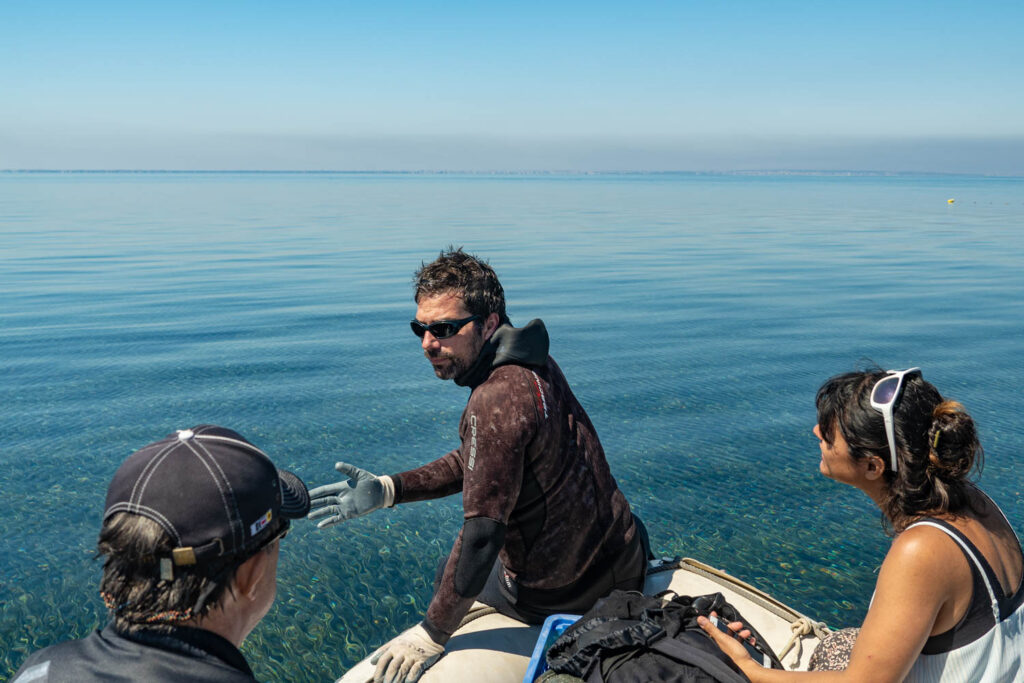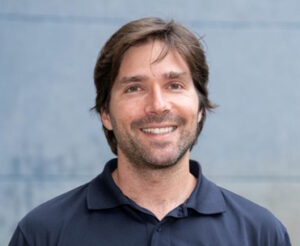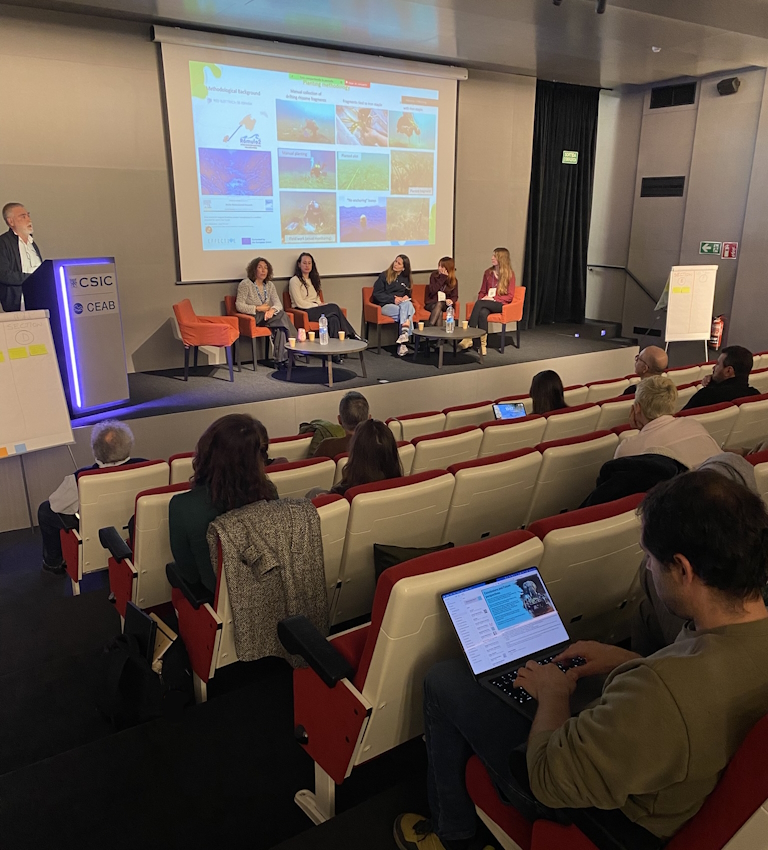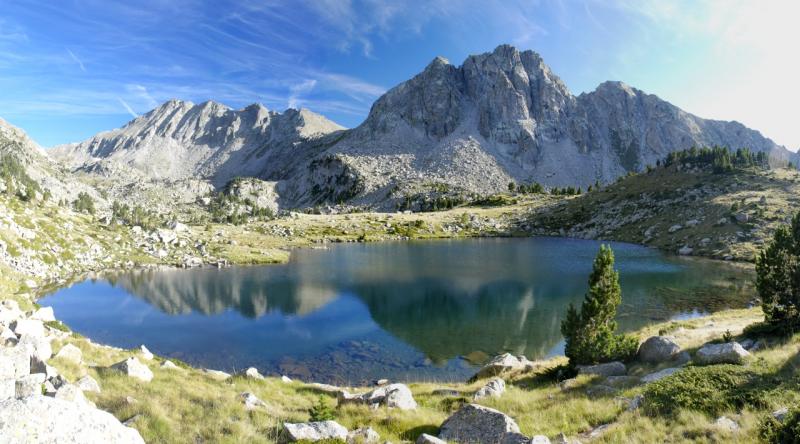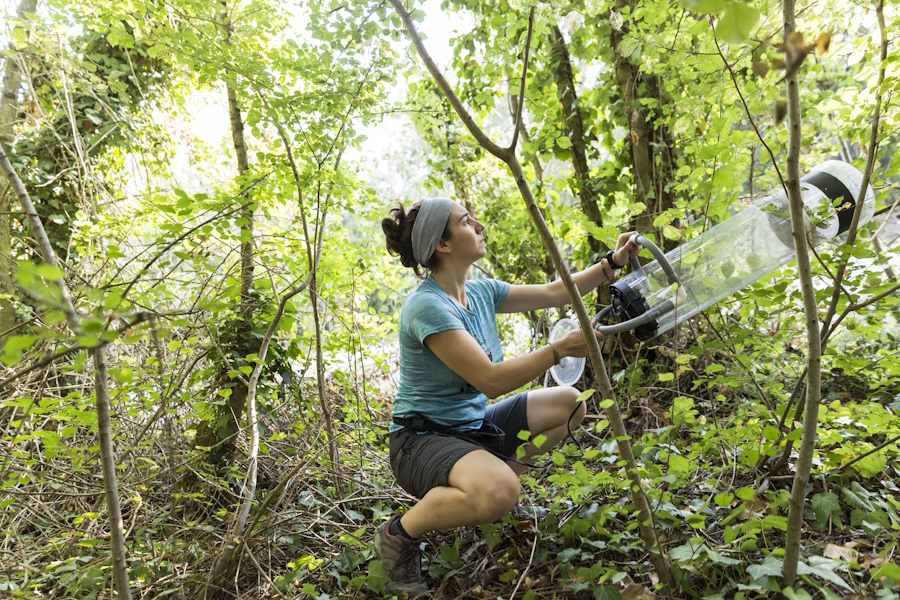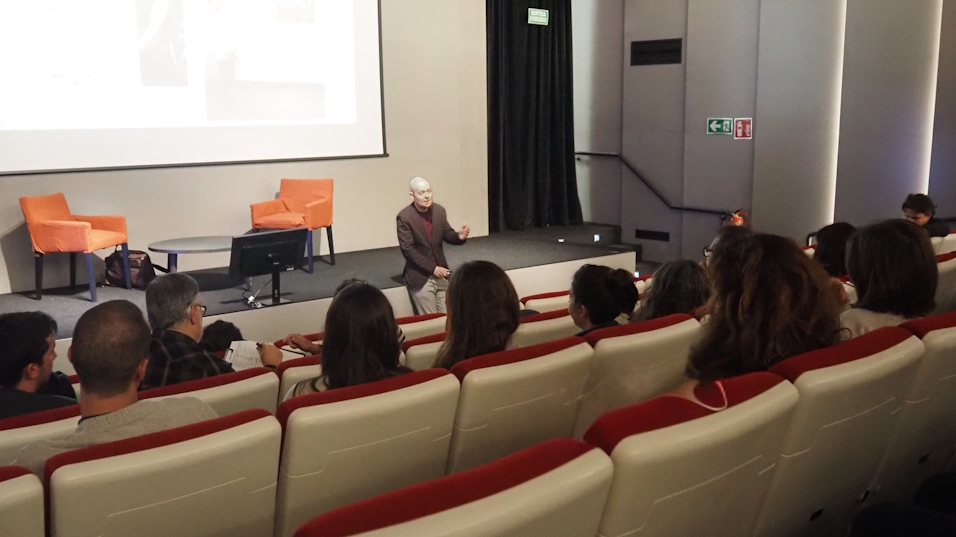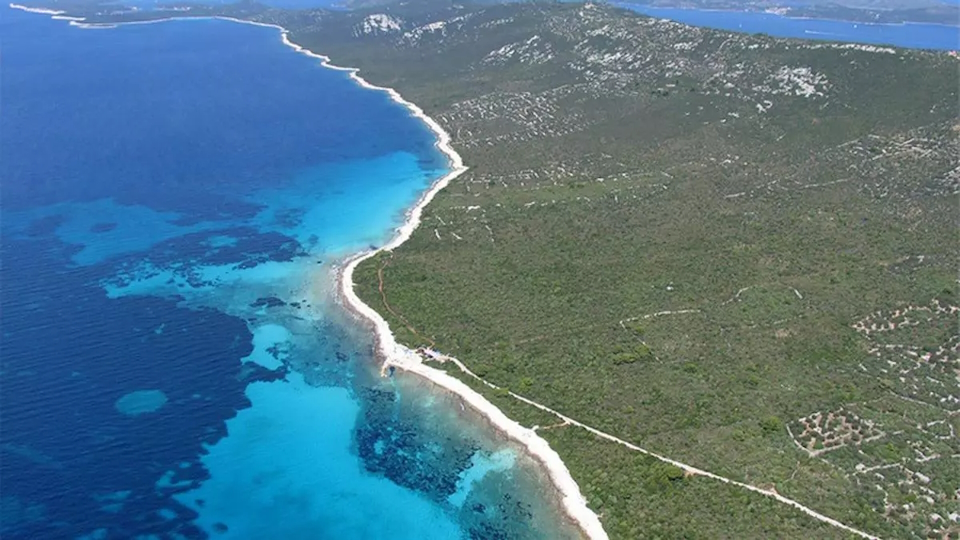Óscar Serrano has been awarded the III Fundación Banco Sabadell Marine Sustainability Prize for his career studying blue carbon and promoting initiatives aimed at conserving and restoring ecosystems that retain it, such as seagrass meadows.
The jury for this edition of the awards, chaired by Professor Isabel Cacho, recognized Dr. Serrano for becoming “an international reference in blue carbon, being a pioneer in evaluating seagrass meadows as carbon sinks.” Additionally, they highlighted that “his scientific contributions have led to the development of biodiversity restoration initiatives, funded through carbon credits, which have contributed to maintaining sustainable fisheries for the benefit of local populations.” One example is the Shark Bay restoration project in Western Australia, where he participates as a member of the scientific team.
His most significant contributions are based on the pioneering use of sedimentary records from seagrass meadows, particularly in the Mediterranean and Australia. “We have been able to demonstrate for the first time that sedimentary archives of seagrass meadows can be used to enhance the ability of scientists and environmental managers to better understand, predict, and manage ecological change in marine ecosystems,” Serrano explained.
The president of Banco Sabadell and the Fundación Banco Sabadell, Josep Oliu, emphasized the importance of research like his that “contributes to marine conservation, biodiversity preservation, and climate change mitigation.” He also noted that this award, created in 2022 in collaboration with Seastainable Ventures, “aims to encourage and recognize the work of young scientists in the field of marine sustainability, specifically rewarding research that provides tangible evidence of its applicability.”
Recognition of his career
With a degree in biology and a PhD in marine ecology from the University of Barcelona, Serrano has developed much of his research career at Edith Cowan University in Australia, where he specialized in managing wetlands, mangroves, and seagrass meadows for climate change mitigation and adaptation. His research has contributed to valuing coastal ecosystems and implementing conservation and restoration policies in coastal areas around the world.
At the age of 24, he co-founded BIOSFERA in Spain, a non-profit organization dedicated to education, research, and environmental conservation. BIOSFERA has carried out various conservation actions in marine areas and contributes to spreading awareness about the importance of sustainable development.
The jury emphasized that the researcher’s work is contributing to the implementation of a model supporting sustainable fisheries through the restoration of marine ecosystems financed by carbon and biodiversity credits. They highlighted that his research contributes to the conservation and regeneration of marine natural capital through innovative and sustainable approaches based on cutting-edge science.

